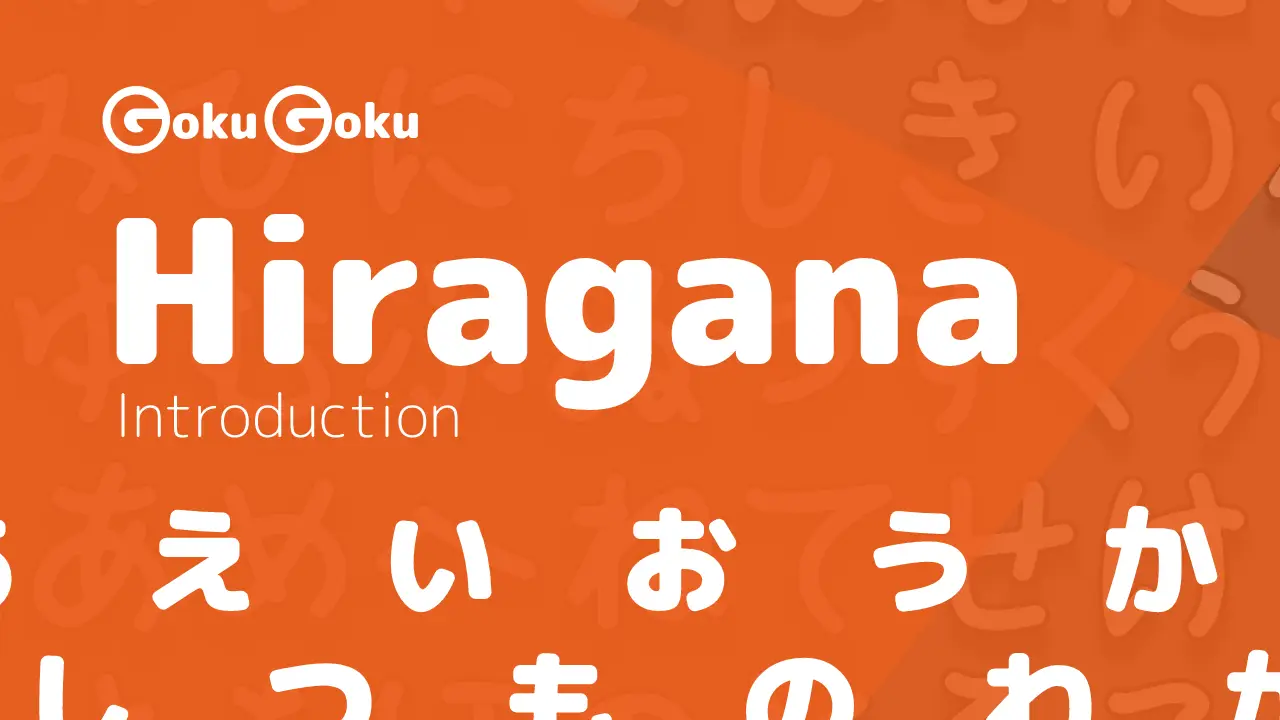あまり (amari) Meaning Japanese Grammar - So Much That
Sandro Maglione
Get in touch with meThe expression あまり (amari) means so much that, to the point that, but also not much, not so much when used in a sentence in the negative form (ない).
あまり in general means something that is done excessively, which then translated becomes so much that or not much when in the negative.
In this post we learn more about the meaning of あまり, how it is formed, and when あまり is used through real example sentences.
Where does the meaning of あまり come from
The expression あまり comes from the noun and adverb 余り, which means remainder, rest, surplus.
余り in turn is the noun of the verb 余る, which translates as to be in excess, to remain, to be too much.
We can thus understand where its meaning of to such an extent that... comes from. In fact, in general 余り indicates something that is in excess or more than necessary, something left over.
You can find あまり in a more colloquial form read as あんまり, or in some cases also あんま.
あまり~ない: "not much"
The most common expression using あまり is あまり~ない.
This expression consists of the use of あまり in a sentence in the negative, where the verb, adjective, or noun is in the form in ない (to not exist):
As we have seen, あまり indicates something that is in excess. However, when the sentence is in the negative the meaning becomes "not in excess", which translates more naturally as not much, not too much:
It's not too cold.
We note how あまり indicates something that exists, but which is still tolerable and not too much. In the example we use the adjective 寒い cold in its negative form 寒くない:
The use of あまり~ない makes us understand that, although it is cold, this cold is not excessive, but rather tolerable.
あまり: "to such an extent that"
When instead あまり is used in a positive sentence it means something that has reached a limit, something that is in excess.
あまり is used in negative situations, and generally indicates a criticism for something that is excessive.
あまり applies to a verb or noun (with の), an adjective ending in い (which becomes a noun when conjugated with さ or み and followed by の), or an adjective ending in な:
その晩は嬉しさの余りよく眠れなかった。
I was so happy that I didn't sleep well that night .
In the example we see how あまり is associated with the noun 嬉しさ happiness, which derives from the adjective 嬉しい happy:
The use of あまり indicates that the happiness is so much and in excess, to such an extent that I couldn't sleep well (negative result).
感激の余り、涙が出た。
I was so emotional that I cried.
余りに: "so much that"
あまり in its adverbial form can be followed by the particle に to form the expression 余りに, which means so much that....
余りに is used to indicate something that is "so much" that it causes surprise or shock, or in general an unexpected or unwanted result.
余りに is added before an adjective, adverb, or noun (with の instead of に) that you want to indicate as too much:
It is also possible to add the particle も (にも) to give even more emphasis to the degree of surprise.
あまりに早く着いた。
I arrived too early.
あまりに高すぎる。
It's too expensive.
Examples of あまり
This book is not very interesting.
それはあんまりです。
That is too much.
この漢字の意味があまり分かりません。
I didn't quite understand the meaning of this kanji.
Similar grammar points in Japanese 📚
それでもいい
それでもいい (soredemoii) Meaning Japanese Grammar - It's Fine
それでも
それでも (sore demo) Meaning Japanese Grammar - Still
させられる・せられる
させられる・せられる (saserareru serareru) Meaning Japanese Grammar - To Be Made To Do Something
ないで
ないで (naide) Meaning Japanese Grammar - Without Doing
ないで~なくて
ないで~なくて (naide / nakute) Meaning Japanese Grammar - Without Doing
など
など (nado) Meaning Japanese Grammar - Etc

